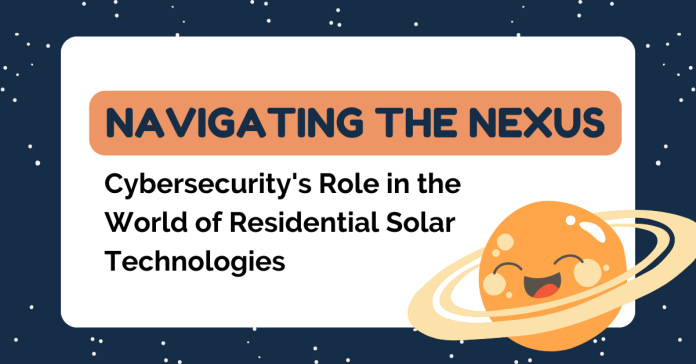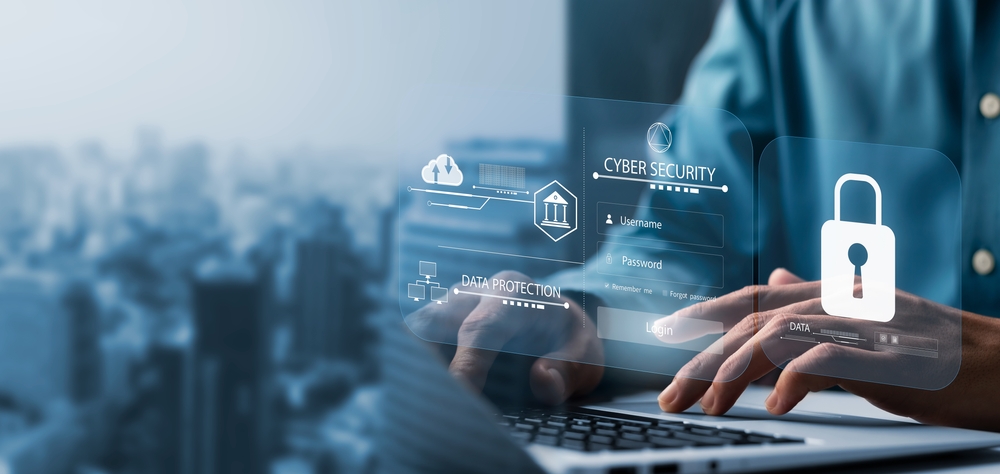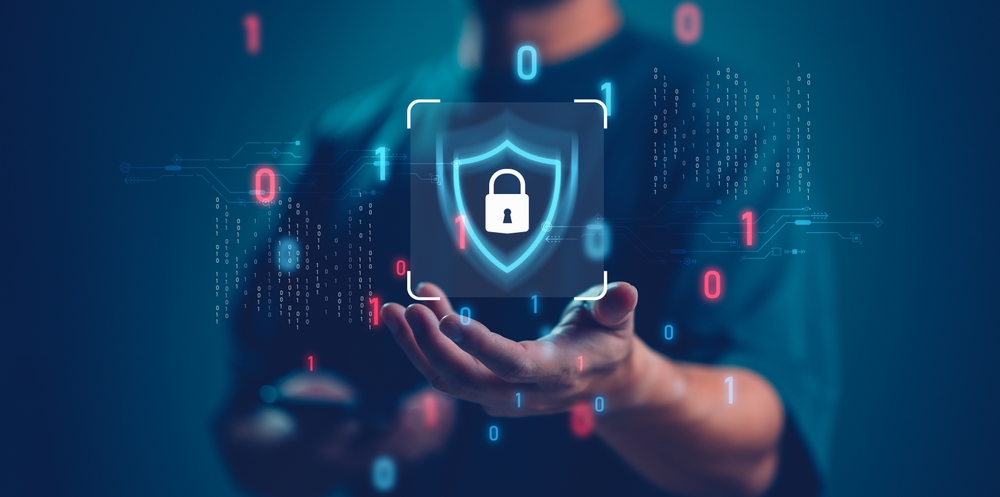Here, I will discuss the role of cybersecurity in the world of residential solar technologies.
Embark with us on a journey through the ever-evolving world of cybersecurity, where insightful revelations intersect with the latest trends and best practices.
In today’s exploration, we delve into the intriguing intersection of residential solar technologies and the paramount role of cybersecurity—a convergence that not only reveals the symbiosis safeguarding our clean energy future but also prompts us to contemplate the intricate dance between innovation and security.
Table of Contents
The Dynamic Landscape of Residential Solar Technologies
As technology propels us toward a more sustainable future, residential solar technologies have undergone a remarkable transformation.
The advent of smart inverters, integrated energy storage solutions, and interconnected homes marks the dawn of a new era. However, progress often brings forth a new set of challenges, especially in the realm of cybersecurity.
Once confined to traditional devices, cyber threats have expanded their reach into fundamental home systems, such as solar panels. As these technologies become more interconnected, vulnerabilities emerge.
It prompts us to scrutinize how the integration of solar energy and cybersecurity is evolving to ensure that the promises of clean energy are accompanied by robust protective measures.
Guardians of Clean Energy: Cybersecurity in Action
Picture a homeowner with solar panels seamlessly contributing excess energy back to the grid. While revolutionary, this synergy introduces potential cyber threats. Unauthorized access to solar panels could disrupt energy production, compromise personal data, or even pose risks to the broader energy infrastructure.
This is where cybersecurity emerges as the guardian, implementing robust security measures to ensure the integrity of residential solar technologies.
Encryption, secure authentication protocols, and regular software updates become essential components of a resilient defense against evolving cyber threats.
READ ALSO: A Strategic Guide to Partnering With the Right Energy Consultants
Innovation and Integration: Solar Cybersecurity Advancements
The solar industry, marching boldly into the digital age, witnesses a surge in innovations aimed at securing solar technologies.
Machine learning algorithms play a pivotal role in detecting abnormal energy production patterns and swiftly identifying and mitigating potential threats. Additionally, blockchain technology is exploring avenues to enhance transparency and security within solar networks.
Leaders in the industry stand at the forefront of adopting these advancements. Their commitment to integrating cutting-edge cybersecurity measures into domestic solar installations not only secures energy output but also contributes significantly to the overall resilience of the clean energy ecosystem.
The Path Ahead: Secure Empowerment for Homes
Looking ahead, the convergence of residential solar technologies and cybersecurity is destined to shape the future of sustainable living. Homeowners, armed with knowledge about potential risks and solutions, can actively contribute to securing their solar investments.
Staying informed about the latest cybersecurity best practices is as crucial as maintaining solar panels. Regularly updating firmware, securing Wi-Fi networks, and exercising vigilance against potential phishing attempts are simple yet effective steps toward bolstering the security of residential solar technologies.
In conclusion, as we march toward a more sustainable future powered by solar energy, let’s not overlook the vital role that cybersecurity plays in safeguarding this transformative technology. The clean energy revolution rests on a foundation of security, ensuring that the promise of solar power remains a beacon of hope for future generations.
READ ALSO: Securing B2B Payment Systems: Protecting Electronic Transactions from Cyber Threats
Securing Our Clean Energy Future: A Synergistic Endeavor
Navigating the convergence of cyber security and sustainability in the digital age is no easy feat. While it’s incredibly complex, it’s equally valuable as we work towards securing a clean energy future. Meanwhile, it’s essential to protect your smart home from hackers.
The likelihood of your smart home being hacked is small; however, hackers are becoming increasingly sophisticated, which is why it’s crucial to enhance security measures. In this synergistic endeavor, knowledge empowers, contributing to a safer, more sustainable energy future.
INTERESTING POSTS
- Projecting Future Solar Energy Requirements: A Journey into Sustainable Power
- How To Secure Your USB Flash Drive
- How Are Wireless Security Cameras Powered
- 5 Benefits of Having a Home Security System
- How To Clean An Infected Computer
- The Power of Student Networks: How to Leverage University Connections
- The Future of Engineering: Advanced Revit MEP Drafting
About the Author:
Daniel Segun is the Founder and CEO of SecureBlitz Cybersecurity Media, with a background in Computer Science and Digital Marketing. When not writing, he's probably busy designing graphics or developing websites.







